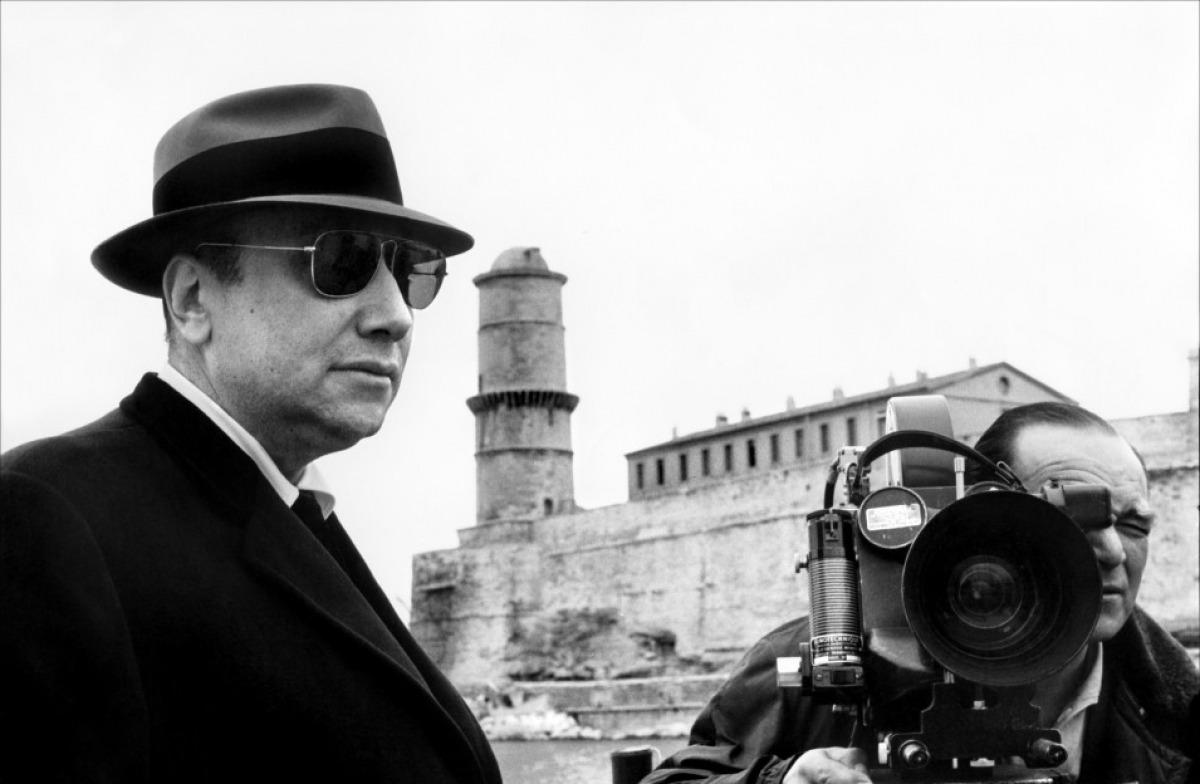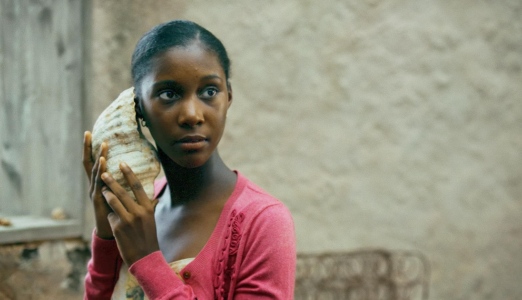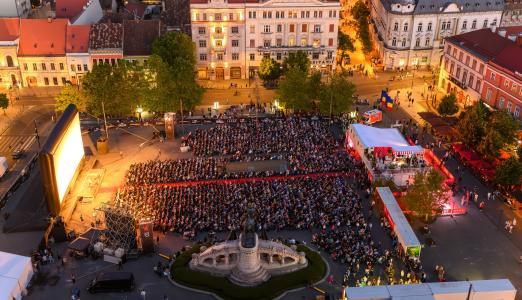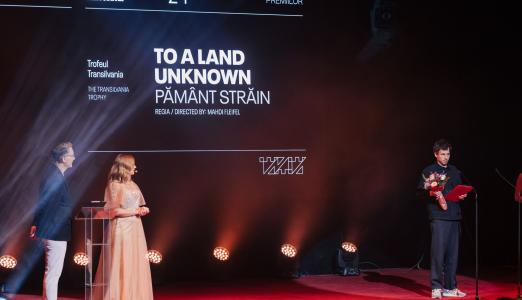Jean-Pierre Melville Retrospective at the 16th edition
Cinephiles are offered a rare occasion to see six of his films, that is six of the best European thrillers, available in restored copies.

The 16th edition of the Transilvania IFF (June 2-11) brings an ample retrospective dedicated to the French director Jean-Pierre Melville, considered the forerunner of the French New Wave and the man who wrote a unique chapter in the history of genre film.
Cinephiles are offered a rare occasion to see six of his films, that is six of the best European thrillers, available in restored copies: Le Silence de la mer (1949), Bob le flambeur (1955), Léon Morin, prêtre (1961), Le Doulos (1962), L’armée des ombres (1969), Le Cercle Rouge (1970), as well as the Vingt-quatre heures de la vie d’un clown (1946) short film. The retrospective is organised in partnership with the French Institute.
A distinct figure in French cinematography, Jean-Pierre Melville (1917-1973; born Grumbach, he took the name of his favourite author, Herman Melville), directed 13 feature films in 25 years, all the while succeeding in distancing himself from the cinematic trends of the time and in setting a unique style, influenced by the American cinema of the 30s. His initially low-budget and always uncompromised style of work, but also the daring use of his location shootings – a rarity in the 50s -, brought him the appraisal of the French New Wave founding directors such as Jean-Luc Godard or François Truffaut, as well as the title of an accomplished auteur of the French noir film genre with gangsters of the 50s and 60s. His films have influenced filmmakers such as John Woo, Martin Scorsese, Michael Mann, Aki Kaurismaki and Quentin Tarantino.
His films depict a disappearing world of the honorable anti-hero and of moral integrity. The recurrent theme in Melville`s filmography is not the underground world of the mob and of paid assassins, but loyalty to one`s fellows and respect for a code of unwritten honor. His beautiful debut film Le Silence de la mer (1949) is no exception – an adaptation of a novel who circulated under cover in Nazi-occupied France. A French family is forced to host a young, educated, naive and idealistic German lieutenant, whom they choose to face with complete silence, as a unique form of defiance and resistance.
The release in 1955 of Bob le flambeur announces the approach of the French New Wave and makes it possible. Melville himself titles the film as a comedy of manners, in which a charming and stylish but fortuneless conman is planning one last hit – the burglary of a casino. The use of natural light and location shooting, a style that would later be adopted most visibly by François Truffaut, set the Bob le flambeur thriller apart from other films of the time. It is the film that inspired Jean-Luc Godard to direct À bout de souffle, where Melville himself makes an unforgettable appearance: the Romanian Parvulesco.
Other films featured in this Retrospective are Léon Morin, prêtre (1961) and Le Doulos (1962), both starring superstar Jean-Paul Belmondo on the poster. In the first film, the French superstar delivers a subtle performance as a devoted man of the cloth who is desired by all the women of a small village in Nazi-occupied France. The only one who draws his attention is an atheist widow (Emmanuelle Riva), whose relationship with her confessor turns into a confrontation with both God and her own repressed desires. In Le Doulos (1962), one of Tarantino`s references for Reservoir Dogs, Belmondo plays a mysterious and charming gangster wearing the now iconic trench and hat, who may be guilty (or not!) of snitching on the recently released from prison Faugel.
L’armée des ombres (1969), strongly influenced by the director`s involvement with the French Resistance movement, is Melville`s most personal film. Lino Ventura, Paul Meurisse, Jean-Pierre Cassel and Simone Signoret play Resistance fighters who must confront their own notion about honour in the fight against the Nazi regime. Regarded by the French film critics as a film glorifying Charles de Gaulle, this masterpiece was distributed in the United States only in 2006.
In 1970, Melville launches Le Cercle rouge, a film that many consider the absolute French thriller, which brought together three legends of the European cinema and which scored a remarkable four million viewers in France. An expert thief (Alain Delon), a famous fugitive (Gian Maria Volontè) and a former alcoholic policeman (Yves Montand) make up an improbable trio planning an absurd robbery. The only one who can stop them is sergeant Mattei, played by André Bourvil in a fascinating contre-emploi.
This Retrospective`s only short film, the innovative Vingt-quatre heures de la vie d’un clown (1946), starring the famous clowns Béby and Maïss of the Medrano circus in Paris, explores the intimate universe of these forgotten artists.
***
You can also follow us on:
FB: TransilvaniaIFF | Twitter: TIFFRomania | Instagram
***
Transilvania International Film Festival is organised by the Romanian Film Promotion and the Association for the Transilvania Film Festival.





